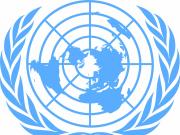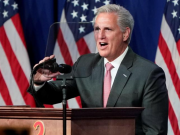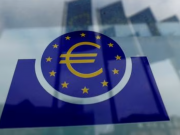A global recession is on the cards in 2023, the World Bank has warned, citing interest rate hikes by central banks around the world.
The World Bank noted that central banks around the world have raised key rates as they emerged from the pandemic "with a degree of synchronicity not seen over the past five decades".
Extremely Delicate Situation
The rate hikes have eaten into GDP growth across the world, limiting access to funds, which invariably reduce economic output.
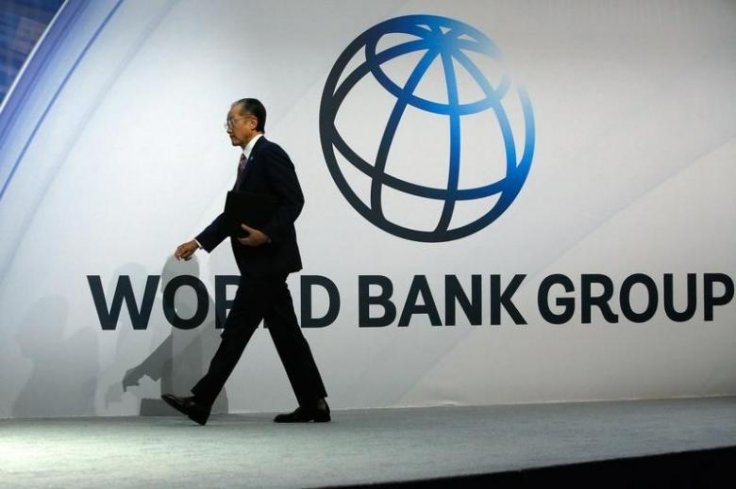
According to the Bank, the global economy is in the middle of a steep slowdown comparable only to the post-recession recovery in the 1970s. The world's three largest economies, the US, China and the euro area, have been slowing sharply, the Bank noted.
"Under the circumstances, even a moderate hit to the global economy over the next year could tip it into recession," the Bank said, BBC reported.
Curiously, the Bank's warning came days before the US central bank is expected to raise the rate by at least another 75 basis points. Some analysts, like those with brokerage firm Nomura, believe the Federal Reserve could raise rates by one percentage point.
Steep Rate Hike Expected
"We continue to believe markets underappreciate just how entrenched U.S. inflation has become and the magnitude of response that will likely be required from the Fed to dislodge it," Nomura said in a note to clients.
The brokerage said the federal fund rates could be jacked up to the range of 3.25 percent to 3.5 percent when the FOMC meets on September 20-21. Nomura believes the US Federal Reserve will ultimately end up raising the rates to the 4.75 percent level by 2023.T he central bank rate is in the 2.25 percent to 2.5 percent range currently.

Driven by rising consumer demand in the post-pandemic phase, along with the energy in the aftermath of the Ukraine war has pushed inflation to 40-year-highs in the US and the UK.
Late last month, economists at UBS Group AG said the Eurozone has slipped into a shallow recession, hammered by rising energy prices in the wake of the Ukraine war. The report says the 19-nation euro area recession will last through the end of the year. The euro area economy will contract by 0.1 percent in the third quarter, while the contraction will be 0.2 percent in the fourth, the analysts predicted.
Commodities Pressure
The key driver of the recession is the pressure on commodities. The prices of natural gas, for which most of the euro area countries are more or less dependent on Russia, will keep rising.
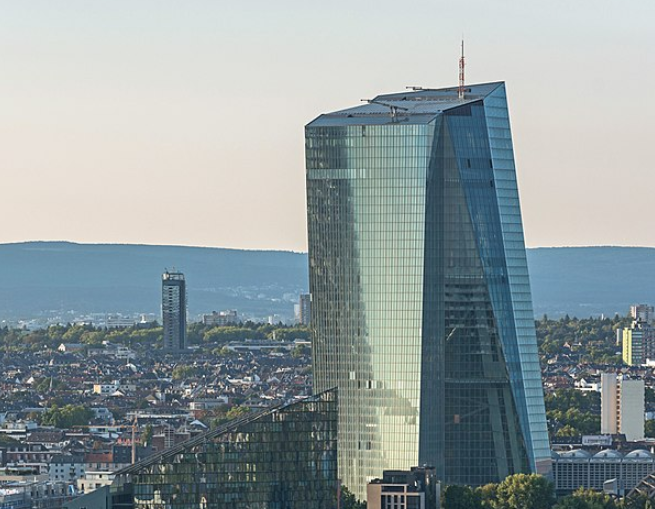
Last month the International Monetary Fund (IMF) said that European Union nations are staring at the possibility of recession as a reduction in Russian gas supplies will severely cripple their economies. A total shutdown of Russian gas supplies will lead to as much as a 6 percent drop in GDP of the vulnerable EU countries, IMF had said.
As it happened, earlier this month Russia completely shut off the natural gas supplies to Europe through the Nord Stream 1 pipeline, leaving a huge impact on nations like Germany, which is Europe's biggest economy.





